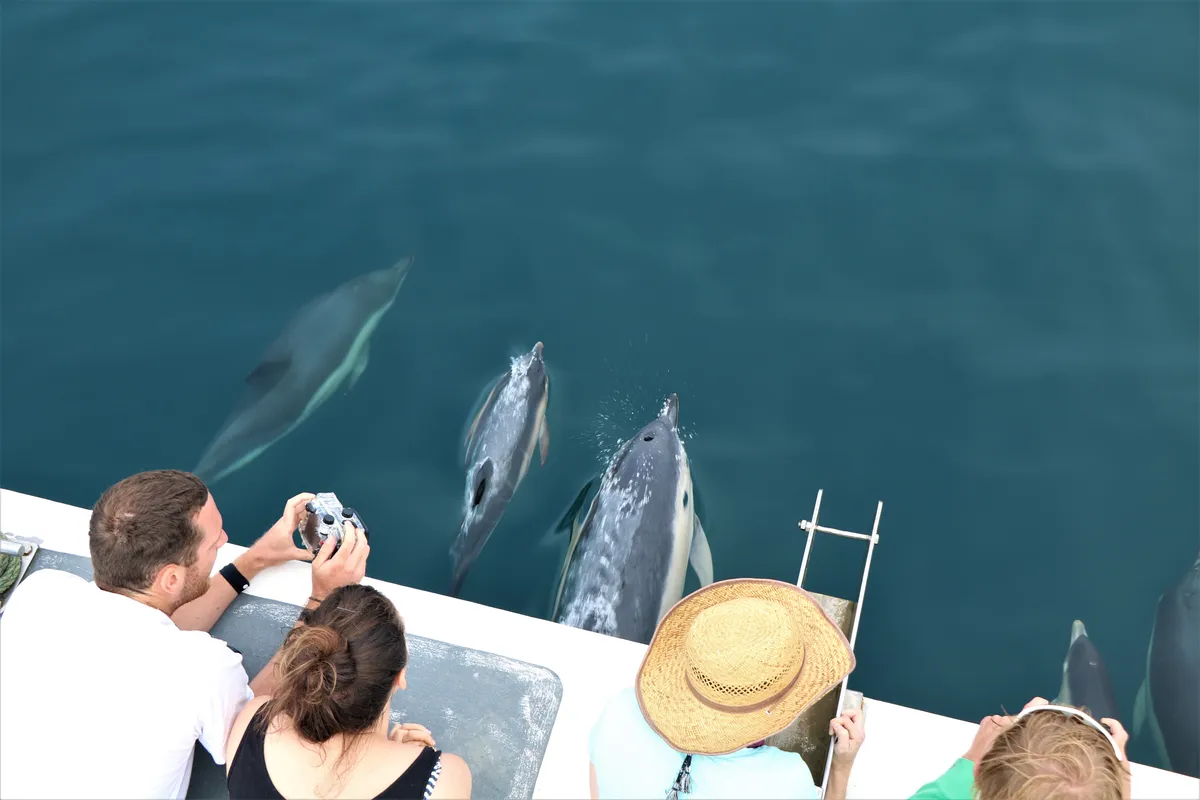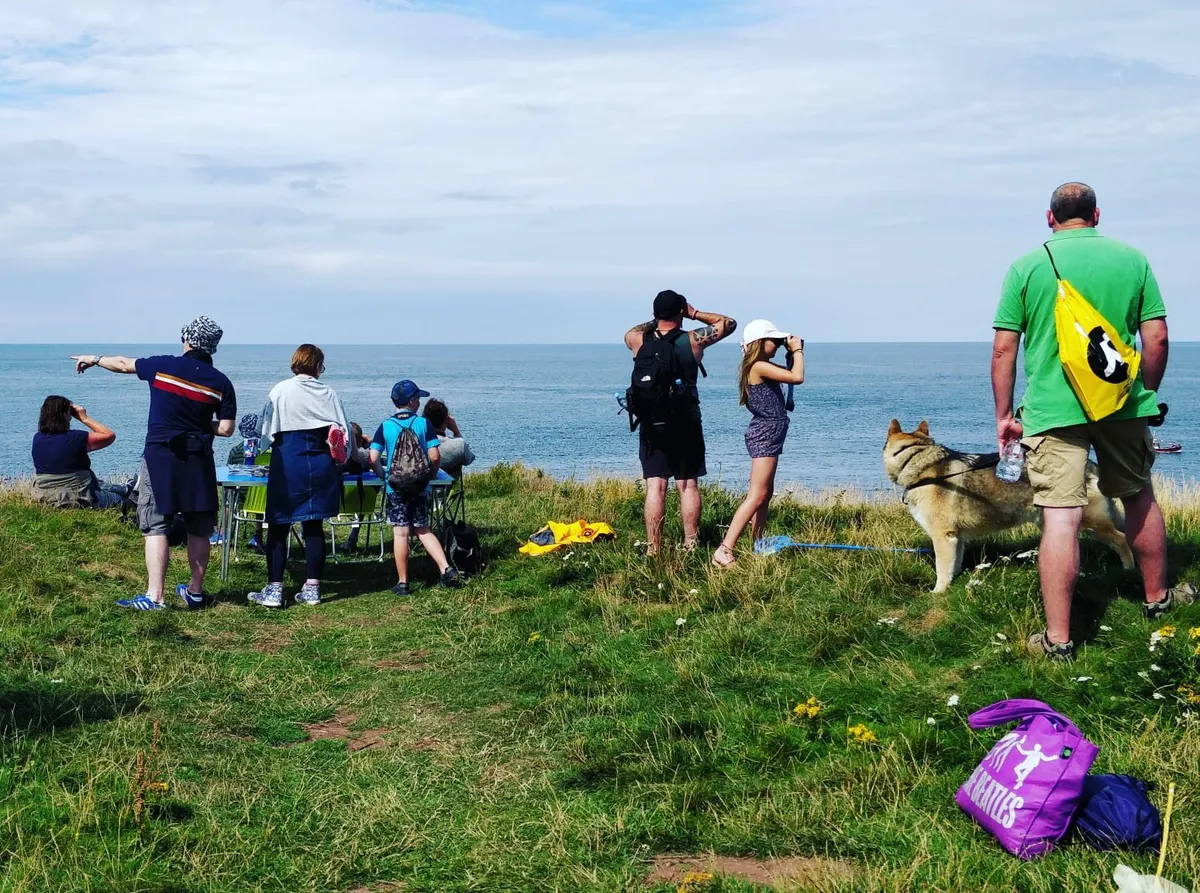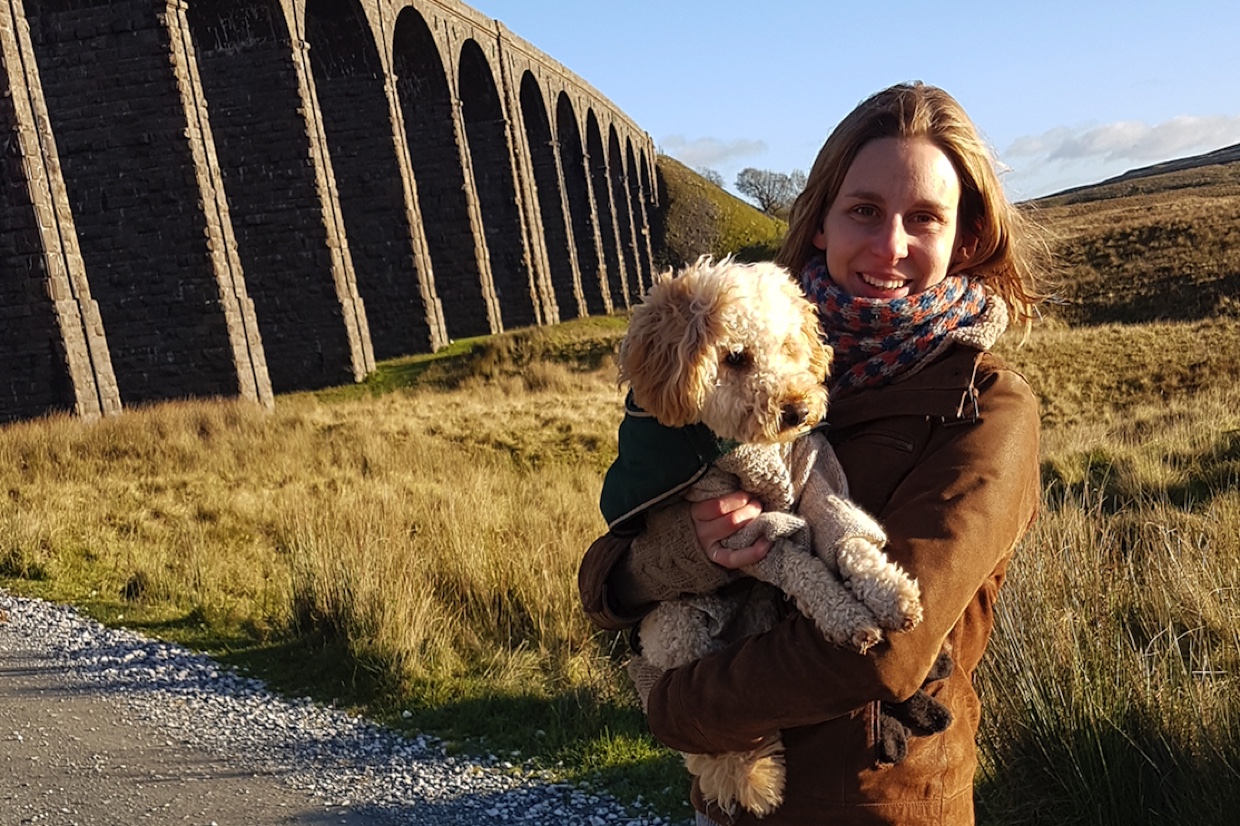The results for the 2018 National Whale and Dolphin Watch, which has gained tremendous popularity over the years, reveal a record-breaking 1,626 sightings, with a total of 1,328 hours of watching conducted.
The annual event, organised by marine conservation charity Sea Watch Foundation, took place between 28 July to 5 August 2018. In just those few days participants recorded an impressive thirteen species of cetaceans seen around the British Isles – a number only recorded once before.

“The most memorable sightings from this past year’s Watch week”, says event organiser Dr Chiara Giulia Bertulli, “include humpback whales in Yorkshire and Aberdeenshire, striped dolphins live stranding in south Wales, Sowerby’s beaked whale in East Lothian, fin whales in north-east Scotland and the Outer Hebrides, and large pods of short-beaked common dolphins off Puffin Island and Menai Bridge in north Wales.”
However, the most commonly seen species in most parts of the UK was the harbour porpoise, recorded 795 times, making up almost half of all records for the event. This was closely followed by the bottlenose dolphin, short-beaked dolphin and common minke whale.

“I am very proud of what we achieved with the help of wildlife enthusiasts and conservation and recording organisations around the country, who have contributed data collected from boats (inshore and offshore) and from land stations in different parts of the UK”, says Bertulli.
Scotland recorded the highest number of sightings, England came second – with Cornwall and South Devon coming in as the top regions – while Wales was placed third, with west Wales collecting most of the sightings.

Sea Watch Foundation are now seeking volunteers to take part in next year’s event which will take place between 27thJuly and 4thAugust.
Find out more at www.seawatchfoundation.org.uk/nwdw/
